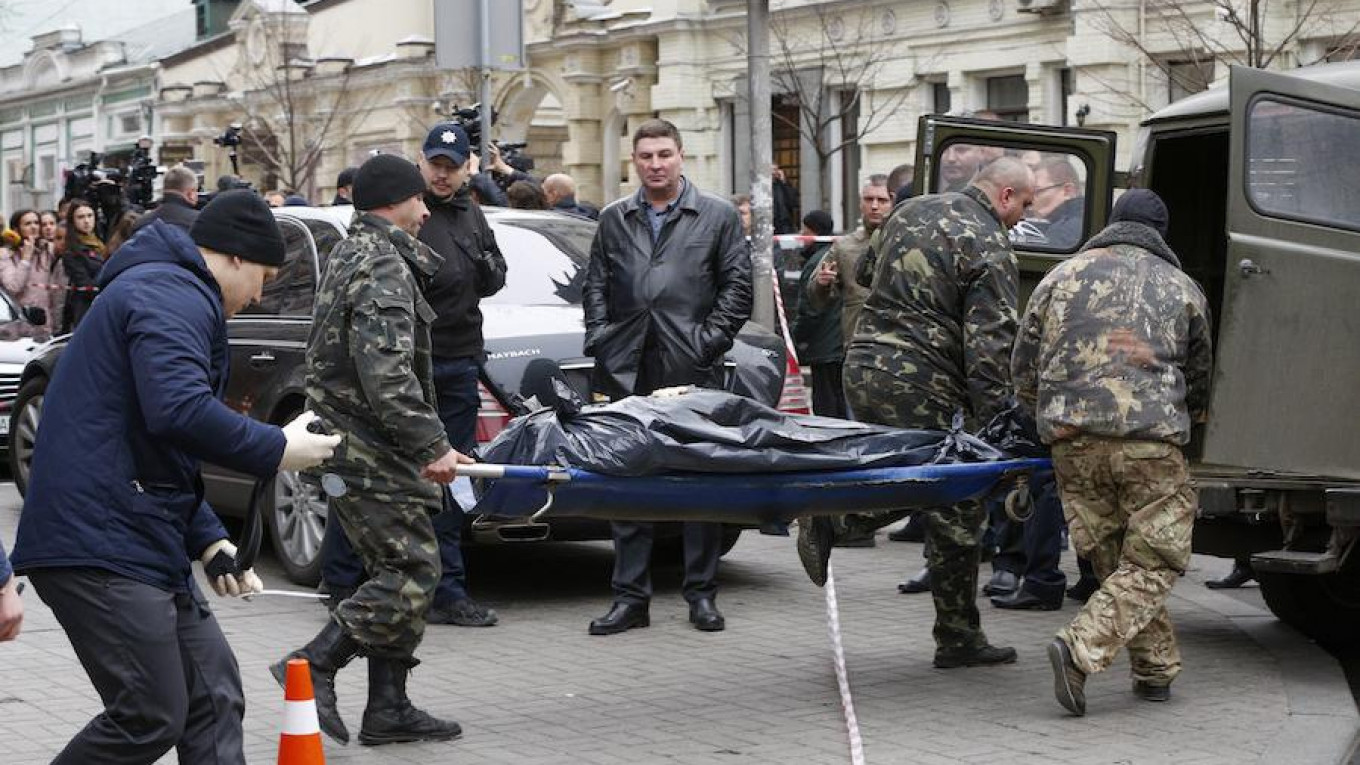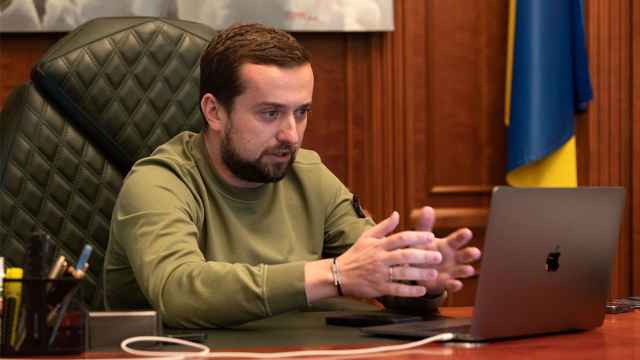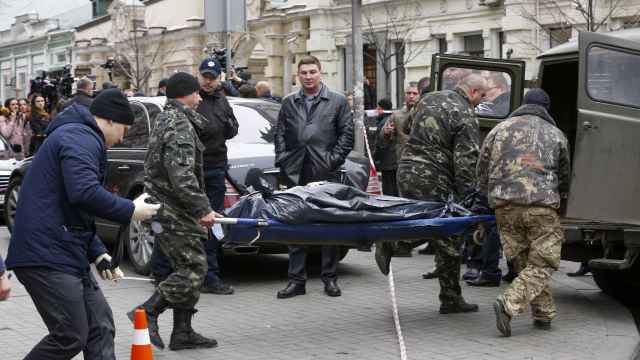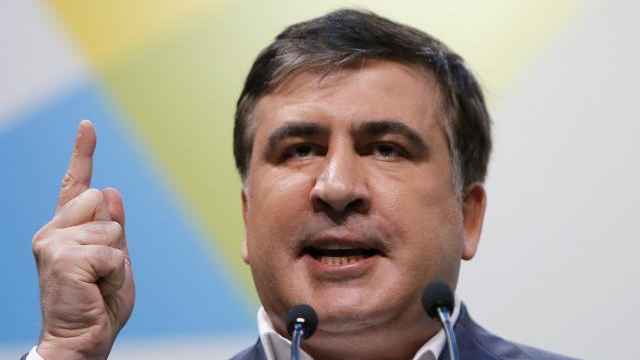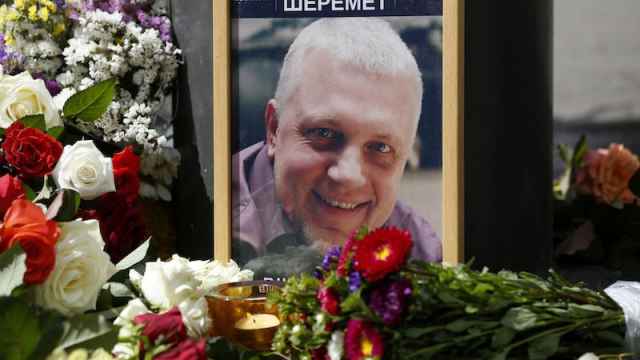How Russia participates in the murder investigation of former Duma Deputy Denis Voronenkov will show whether Russian intelligence agencies can face up to difficult questions.
The Ukrainian authorities clearly consider this a political assassination: Ukrainian Prosecutor General Yuriy Lutsenko referred to it as “the demonstrative elimination of a witness in typical Kremlin fashion.”
Voronenkov became well-known in Ukraine after moving to Kiev in December 2016 and giving testimony to Ukrainian investigators in the treason case against former Ukrainian President Viktor Yanukovych.
The former Duma deputy informed the Ukrainian Prosecutor General’s Office about the participation of the Russian state and leading Russian politicians in the events in Ukraine in spring 2014 and of their plans to annex Crimea.
As a witness in a top-priority case, the Ukrainian authorities would ordinarily have provided a guard for Voronenkov. They did not do so, however, and so he hired his own bodyguard. That guard managed to wound the killer, who soon died in hospital. The Ukrainian State Guard and Interior Ministry claimed they did not have enough time to deploy a guard service for Voronenkov, only adding fuel to conspiracy theories of mysterious international forces bent on removing a dangerous witness. Russian propagandists, meanwhile, accused Ukrainian and U.S. intelligence services of Voronenkov’s murder.
Russian commentators argue that it is too early to dismiss non-political motives for the murder.
Russian media linked Voronenkov to shady business dealings involving illegal takeovers and bribes, suggesting that his death might have been an act of vengeance by one of his victims.
The circumstances of the murder are symbolic. It occurred on the anniversary of the death of Boris Berezovsky. On the same Thursday, President Vladimir Putin was to make his second attempt to attend the play “The Last Victim” at the Maly Theater in Moscow: his previous attempt was interrupted by the murder of Russian Ambassador to Turkey, Andrei Karlov.
The “Voronenkov case” and its investigation will show how the Russian state intends to respond to possible accusations of political murders. Ever since the 1920s, Russia’s intelligence agencies have been linked to a sinister (though not always proven) series of abductions and political murders of “enemies of the state” – beginning with Alexander Kutepov and Symon Petliura and ending more recently with Zelimkhan Yandarbiyev and Alexander Litvinenko.
The best way for Russia to prove its innocence in the murder of Voronenkov is by actively helping Ukraine to conduct an open and transparent investigation of the crime. However, that seems unlikely to happen. Russian intelligence agencies and their former agents now run the country, and they see no need to worry about their own reputations, or that of the country as a whole.
The halo of mystery and omnipotence that they seek to perpetuate engenders fear and creates the impression that resistance is futile – and on the political market, that is worth more than reputation.
A Message from The Moscow Times:
Dear readers,
We are facing unprecedented challenges. Russia's Prosecutor General's Office has designated The Moscow Times as an "undesirable" organization, criminalizing our work and putting our staff at risk of prosecution. This follows our earlier unjust labeling as a "foreign agent."
These actions are direct attempts to silence independent journalism in Russia. The authorities claim our work "discredits the decisions of the Russian leadership." We see things differently: we strive to provide accurate, unbiased reporting on Russia.
We, the journalists of The Moscow Times, refuse to be silenced. But to continue our work, we need your help.
Your support, no matter how small, makes a world of difference. If you can, please support us monthly starting from just $2. It's quick to set up, and every contribution makes a significant impact.
By supporting The Moscow Times, you're defending open, independent journalism in the face of repression. Thank you for standing with us.
Remind me later.



